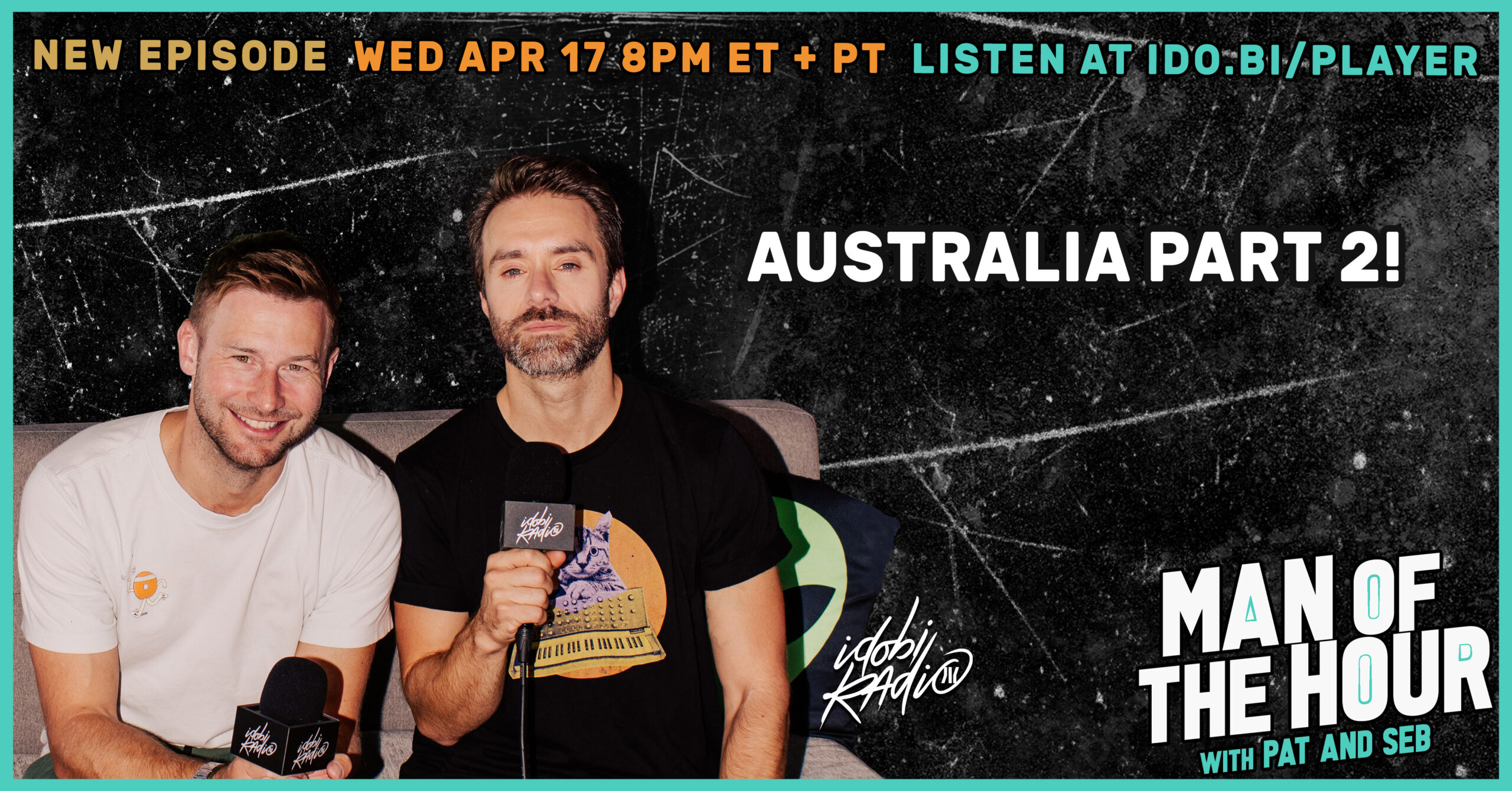Kazaa, the wildly popular free music-swapping service that emerged in the wake of Napster’s decline, may finally have shown a chink in its armor.
Consumer Empowerment, the Amsterdam-based company that developed Kazaa and the Fasttrack file-sharing network on which it operates, has suspended all new downloads of the software, pending a decision by a Dutch judge in a copyright suit filed against the company by a European publishers’ rights group.
The move doesn’t affect users who have already downloaded the Kazaa software; they were still able to swap music and other digital files via Fasttrack last week. Consumer Empowerment also licenses the Fasttrack technology to fellow file-swappers Grokster and Morpheus.
Shutdown reps a preliminary but nonetheless important victory for copyright holders against a new generation of peer-to-peer services, which have to date flouted the major music companies, much as Napster did before it was effectively shut down by a court order last year.
The three Fasttrack services have been the most prominent in a rash of second-wave peer-to-peer companies, drawing millions of users daily – even more than Napster had in its heyday last February.
As with Napster, however, the popular services have drawn the ire of the music industry: The Recording Industry Assn. of America and the Motion Picture Assn. of America last fall slapped their own lawsuit on Grokster, Consumer Empowerment and Morpheus parent Music City.
But the Dutch suit may be far more effective in crippling the new group of services, because it strikes on the home turf of Fasttrack, the network that powers all three, where any potential injunction would be far easier to enforce.
The industry is particularly sensitive to the issue of online infringement because of the recent rollout of its own music subscription offerings, MusicNet and Pressplay. But the two services, launched late last year, have not drawn anywhere near the number of users that have flocked to free file-sharing.
Fasttrack and its clients have argued that they aren’t responsible for users’ infringing activities, because they don’t archive the locations of files as Napster did. Rather, the system picks users with high-speed connections to act as “supernodes,” helping to rout the traffic on the network.
Meanwhile, Napster itself is trying to go legit: Company last week released a beta version of its revamped peer-to-peer service, which it claims will compensate all rights holders. So far, however, Napster hasn’t been able to ink licensing deals with any of the five major label groups.





























